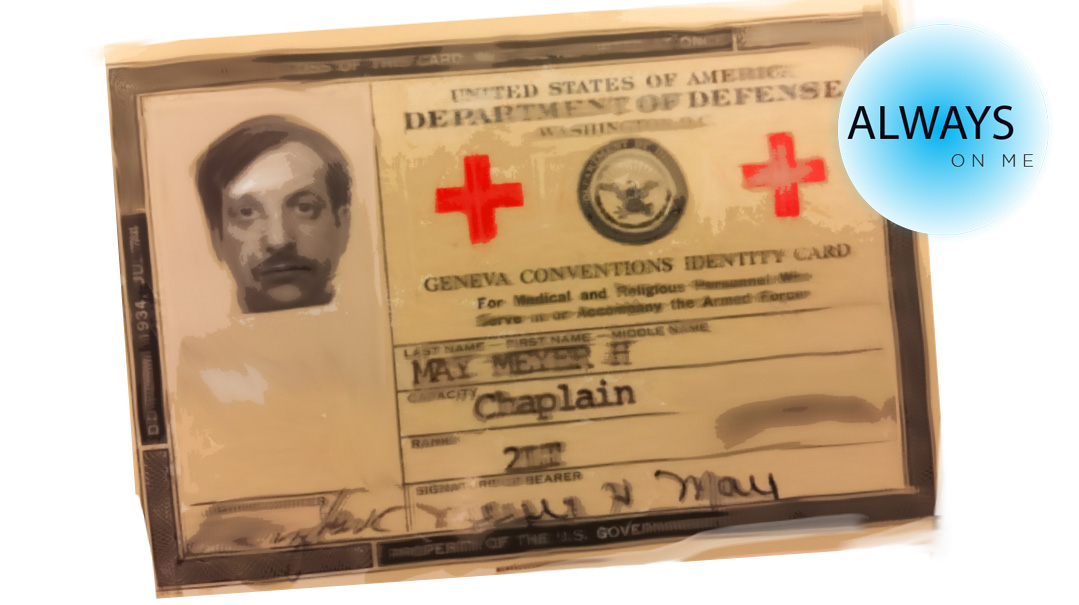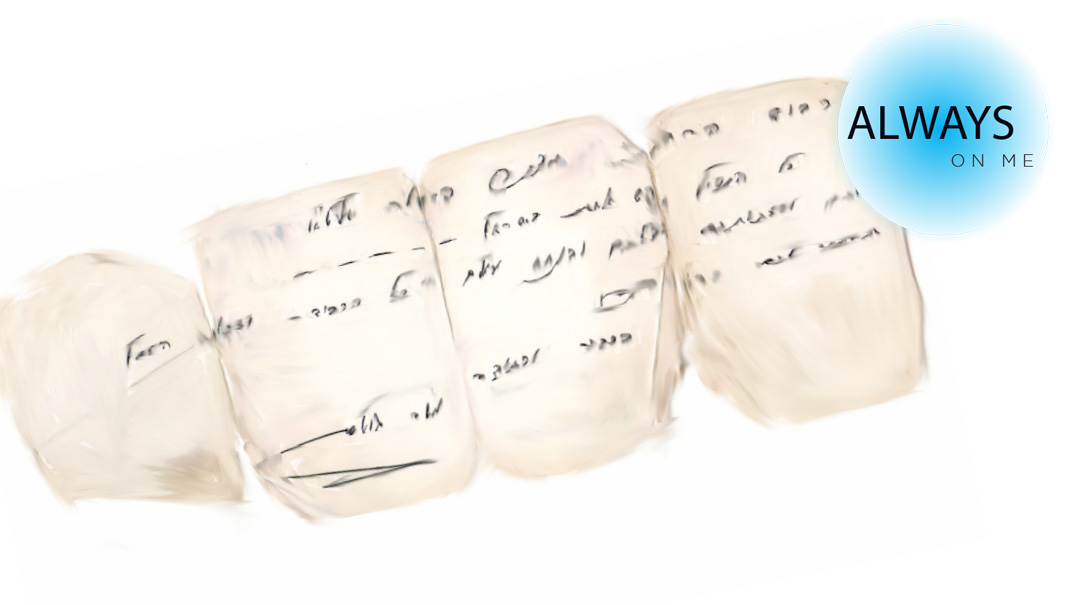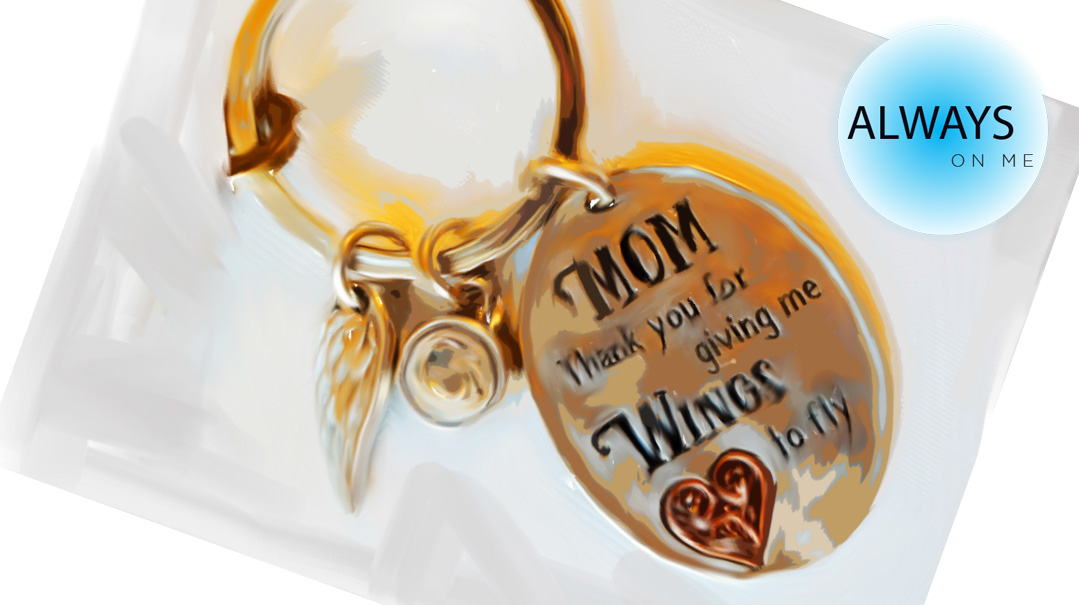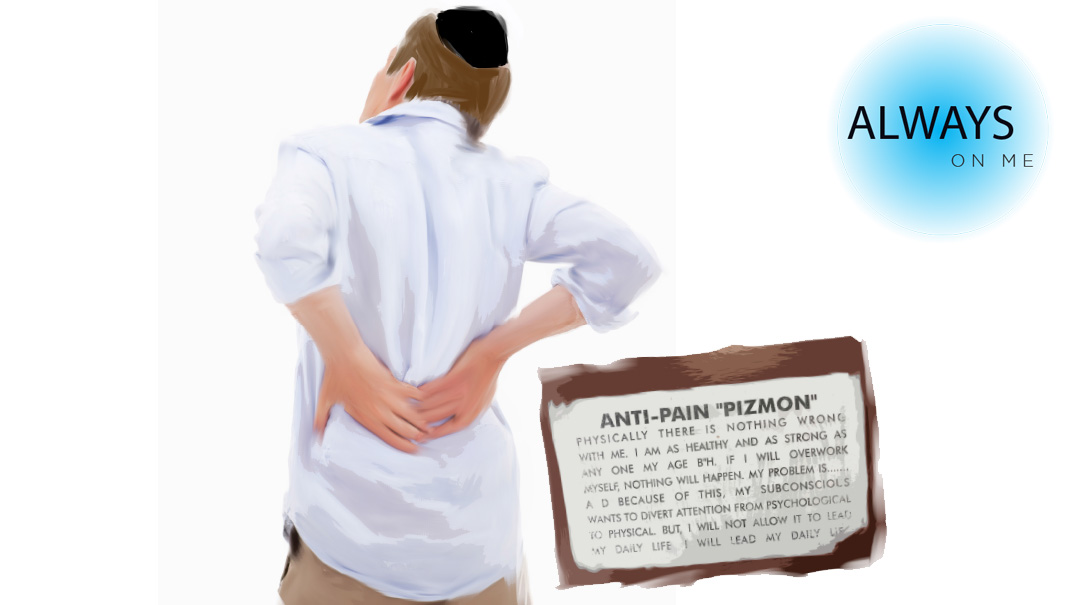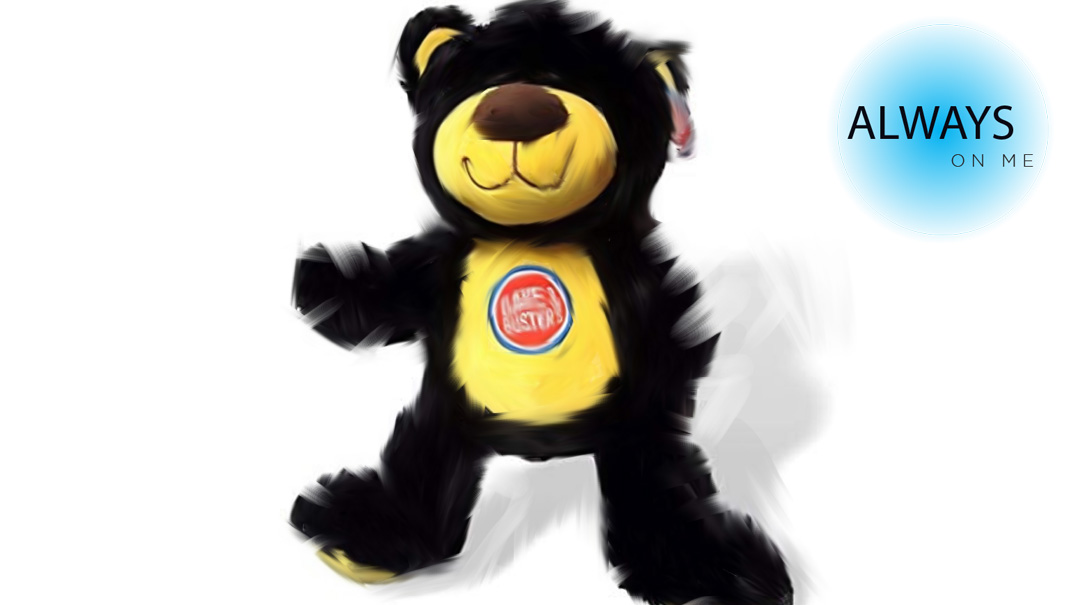Other Side of the Coin
| May 11, 2021Is there something you always carry on you, even if it’s seen better days?
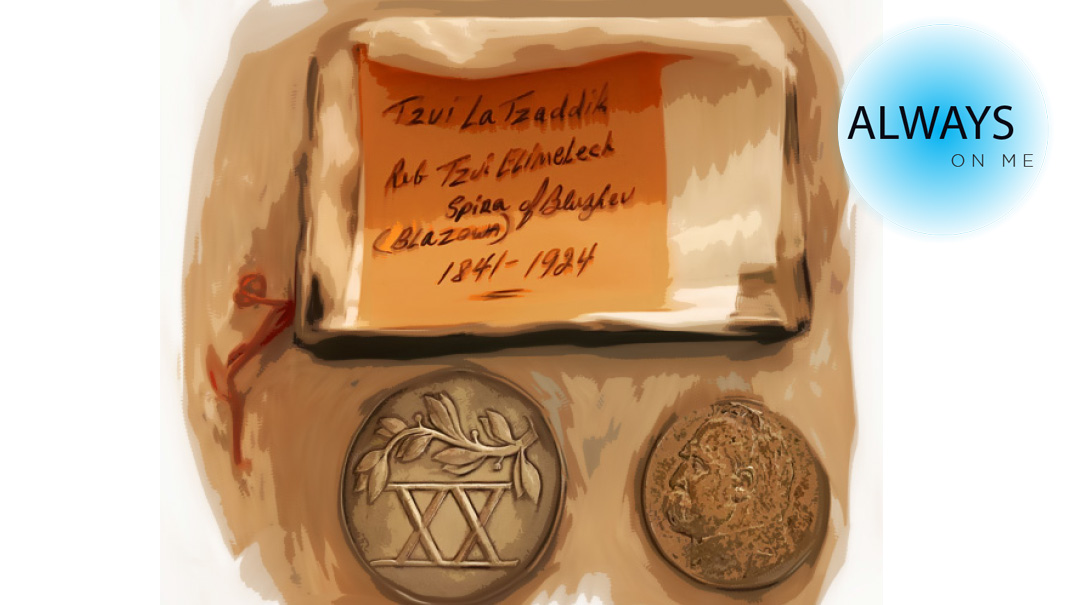
Project coordinator: Rachel Bachrach
Illustrations: Menachem Weinreb
In the mid-1920s, my Babba Ruchel was very sick — literally at death’s door. Zeide went to his rebbe, the Tzvi Latzaddik, for a brachah, and stayed for Shabbos. As they were seated at the third seudah, Zeide received a telegram informing him that the situation at home was dire and he should return home immediately after Shabbos. Zeide went over to the Tzvi Latzaddik and told him how the situation stood.
“Well, if she’s still alive now, then she will continue to live!” the Tzvi Latzaddik replied.
After Shabbos, Zeide received a blessed coin from the Tzvi Latzaddik for my grandmother. Babba Ruchel survived her illness, and much more, including World War II in Russia’s Siberia, and she merited to see grandchildren and to immigrate to Eretz Yisrael. Babba Ruchel was niftar in 1958, when I was eight years old.
When I was a teenager, Mother found a coin in a pocket in Babba Ruchel’s wallet. She looked at the coin for just a moment and said, “This must be the coin.” I knew which coin she meant. She put it away, and I never thought of it again.
About a year after Mother’s passing in 2013, I was going through her wallet and I found two Polish coins. One was a five-zloty coin from the 1920s, and the other was a commemorative coin marking 20 years of service to the state. Odd things to be carrying around in your wallet after more than 60 years in America!
But then I remembered the story of the blessed coin. I didn’t know which of these was that coin, but I knew one of them was, so I gave both of them to my daughter Rochel. I am named Elimelech, and my Rochel bears the same name as Babba Ruchel — Ruchel bas Elimelech a”h. My Rochel is anxious about carrying the coins with her at all times, as her grandmother and great-grandmother did, so she keeps them in a safe place, near her kesubah. Those coins, she knows, carry the message of safety and security, of trust in Hashem and emunas chachamim. And that message is something she carries with her always.
Meilech Kurzer is retired and lives in the Boro Park section of Brooklyn, New York.
(Originally featured in Mishpacha, Issue 860)
Oops! We could not locate your form.

